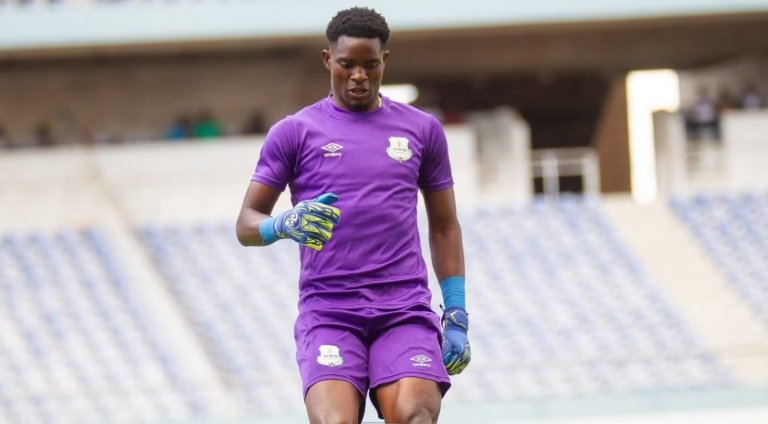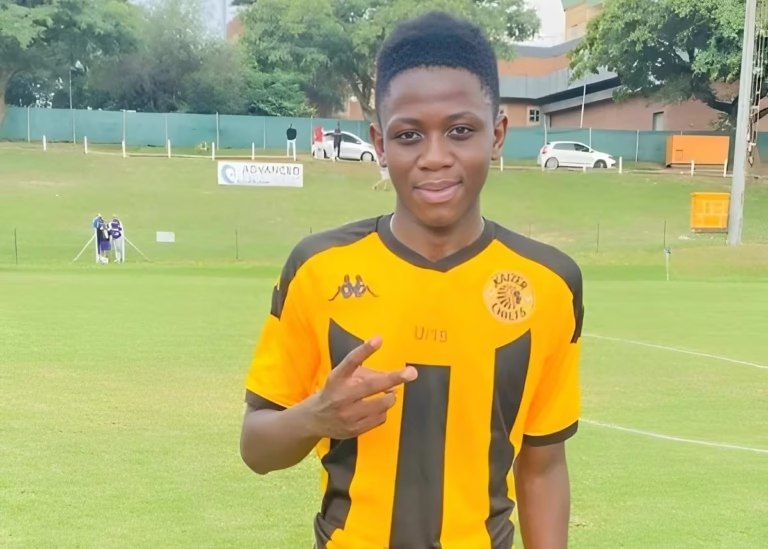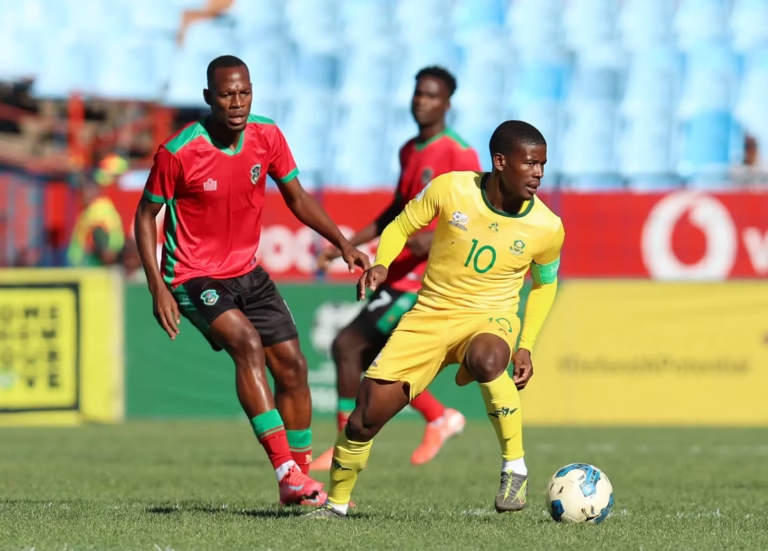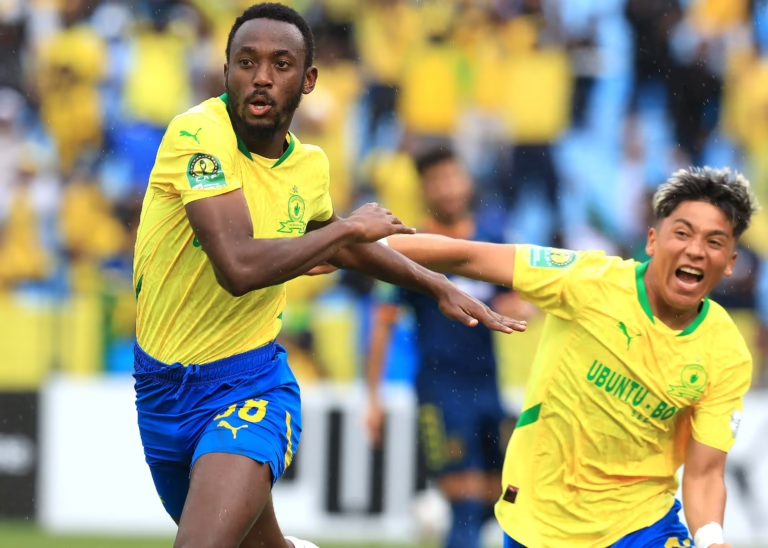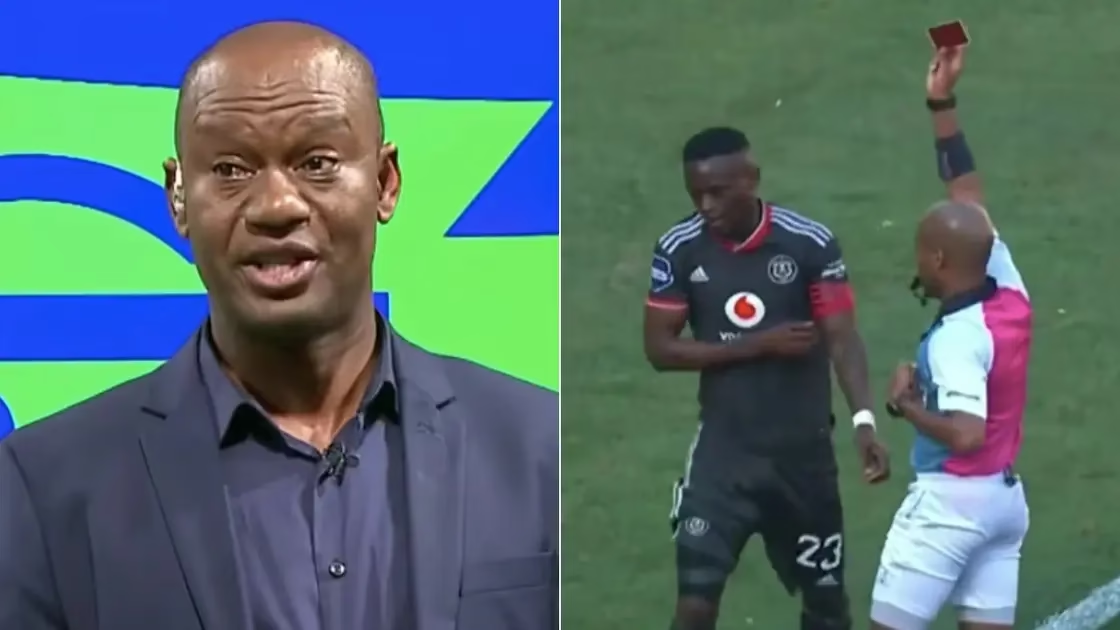
For years, debates around refereeing decisions in the South African Premier Soccer League (PSL) have sparked passionate discussions among fans, pundits, and football stakeholders. Among the referees who have often found themselves in the eye of the storm is Victor Hlungwani. The retired match official recently addressed claims that he harbors bias against Kaizer Chiefs, one of the most decorated clubs in South African football.
Speaking candidly, Hlungwani dismissed accusations that he holds a grudge against Chiefs, emphasizing that his decisions have always been based on fairness and the rules of the game. The veteran referee, who officiated in some of the biggest encounters in local football, expressed his frustration over what he sees as unfounded allegations against him.
Nedbank Cup Round of 16 Preview: Mamelodi Sundowns vs. Mpheni Defenders
“I Have No Reason to Hate Kaizer Chiefs”
Hlungwani was clear in his stance, asserting that the perception of bias is misguided. “I see a lot of people saying I hate Chiefs. I have no reason to do that. I sympathize with the Chiefs people,” he explained.
He went on to cite specific instances where he made crucial decisions in favor of the Amakhosi, proving that his officiating was based purely on merit rather than personal vendetta.
Defending His Record: Key Decisions Involving Chiefs
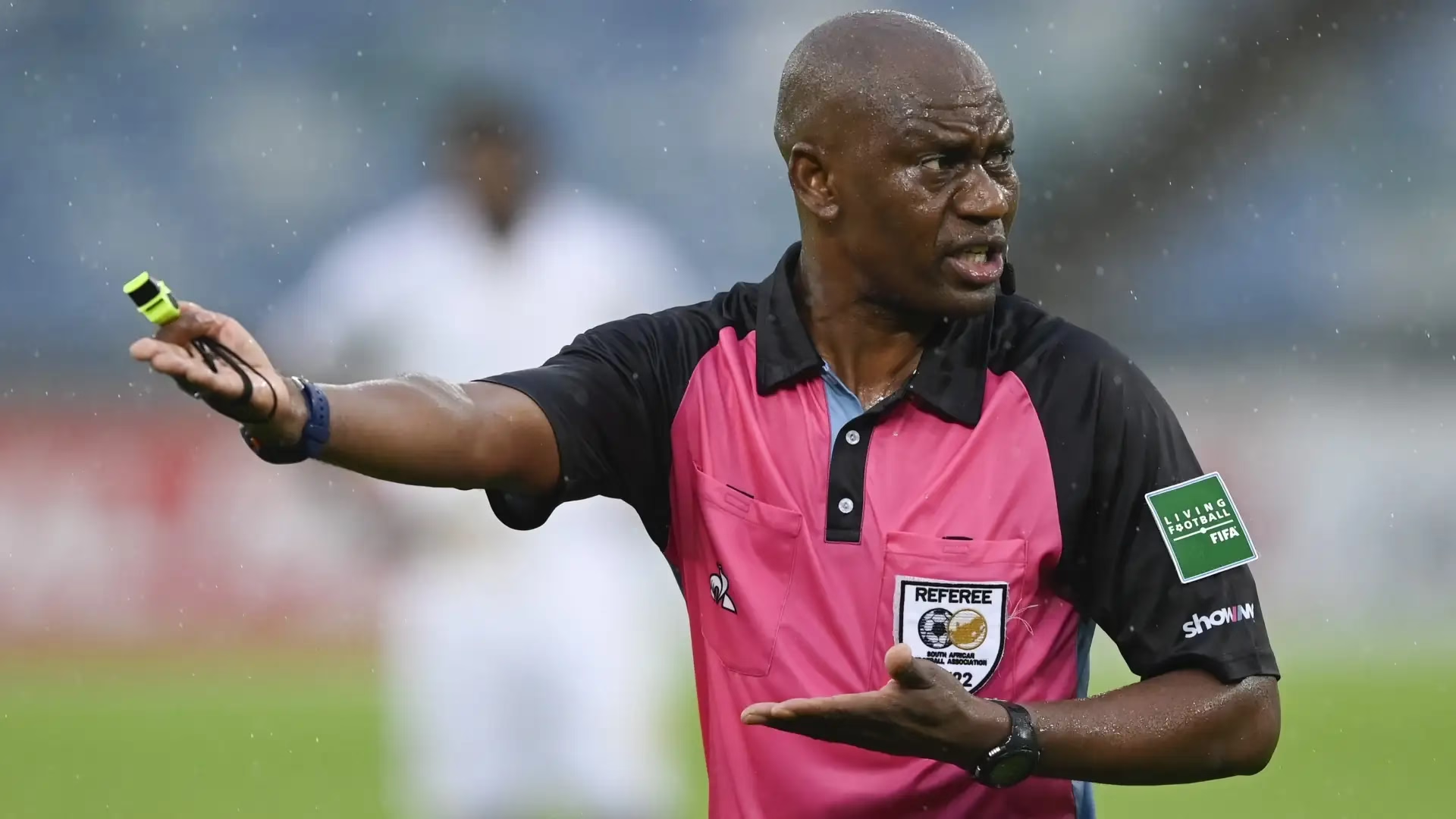
Hlungwani pointed to a notable match in 2021, where Kaizer Chiefs were awarded a last-minute penalty against their arch-rivals, Orlando Pirates. “If I hate Chiefs, why did I give a penalty in 2021 against Orlando Pirates when Olisa Ndah caught Khama Billiat in the box at the last minute?” he asked rhetorically.
This moment, which played out in a high-stakes Soweto Derby, was one of the defining decisions in his officiating career. The penalty allowed Chiefs to salvage an important result, highlighting his commitment to making fair calls irrespective of the teams involved.
Hlungwani also recalled a moment when he stepped in to defend Kaizer Chiefs against claims from Stellenbosch FC coach Steve Barker. “If I hate Chiefs, why did I fight for them when Steve Barker said they win on penalties and the team they play against always gets red cards?”
The veteran referee underscored that his role was to uphold the integrity of the game, ensuring that any penalties awarded were justified. “We heard all the decisions he talked about and tried to show that the penalties they get are deserved,” he added.
Leruma United’s Bold Coaching Shake-Up: A Major Decision Just Weeks After Musa Nyatama’s Arrival
The Perception of Bias in South African Football
Refereeing in football is often a thankless job, with officials regularly facing backlash from fans and club officials whenever their teams feel hard done by. In South Africa, where football rivalries run deep, accusations of bias are common, and referees frequently come under scrutiny.
Hlungwani’s remarks highlight the broader issue of perception in football officiating. Many fans view refereeing decisions through the lens of their loyalty to clubs rather than the application of the laws of the game. When a contentious call goes against their team, emotions take over, and referees are often unfairly labeled as biased.
However, what often goes unnoticed is the sheer pressure under which referees operate. Every decision is scrutinized from multiple angles, and officials are expected to make split-second calls that can influence the outcome of matches. Mistakes can happen, but allegations of deliberate bias are much harder to prove.
The Challenges of Officiating in the PSL
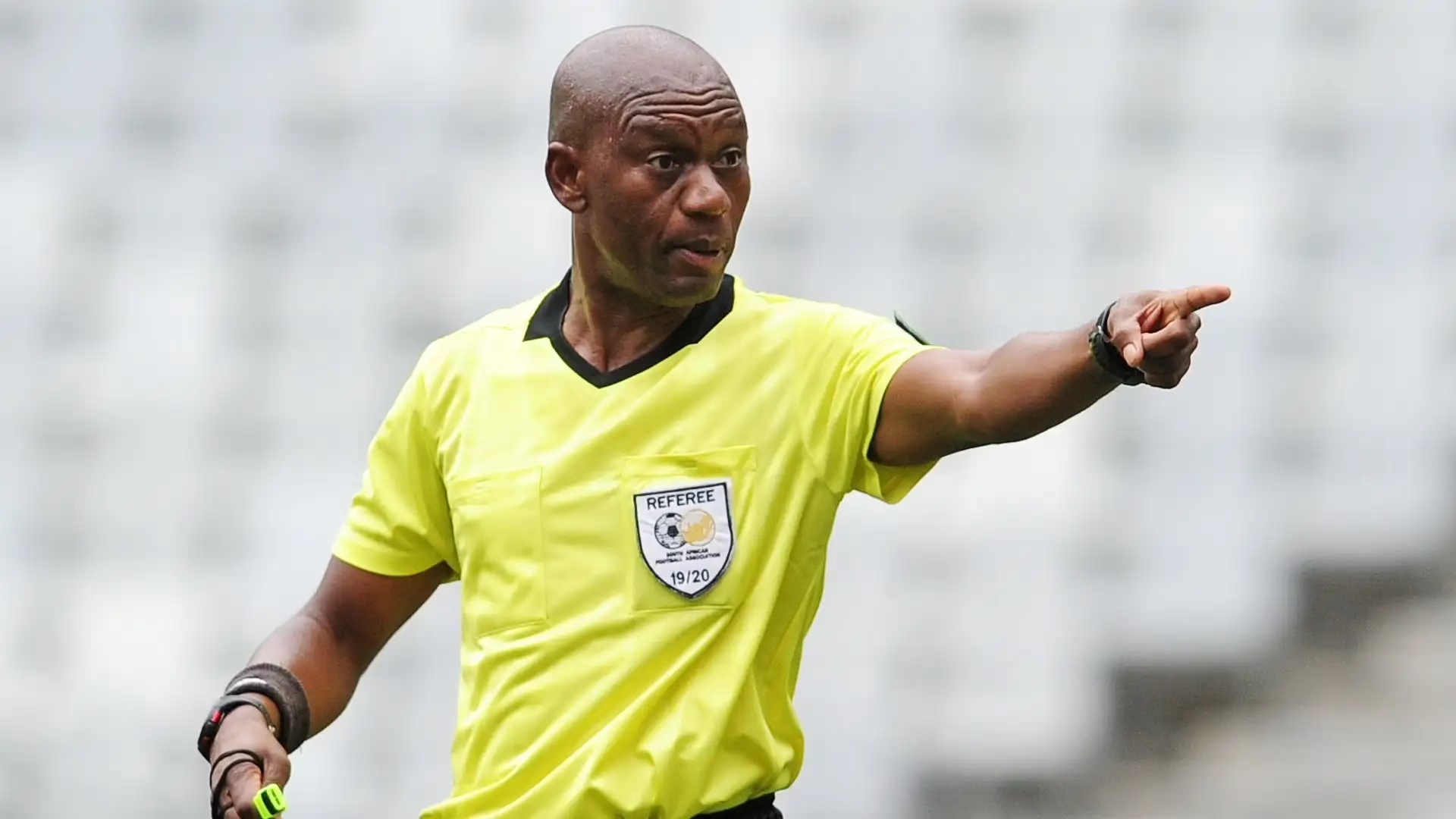
Hlungwani’s career as a referee spanned several years, during which he officiated some of the biggest matches in South African football. His experience provides valuable insight into the challenges that referees face in the PSL:
Leruma United’s Bold Coaching Shake-Up: A Major Decision Just Weeks After Musa Nyatama’s Arrival
- Intense Fan Scrutiny – Referees are constantly in the spotlight, with every decision analyzed by fans, commentators, and analysts. The rise of social media has amplified this scrutiny, with slow-motion replays often used to criticize real-time decisions made on the field.
- Pressure from Clubs and Coaches – Managers and club officials frequently voice their opinions about refereeing decisions, sometimes using post-match press conferences to question officiating standards. This creates additional pressure on referees to defend their calls.
- Limited Use of Technology – Unlike in major European leagues, the PSL does not have full-fledged VAR (Video Assistant Referee) implementation. This means referees rely solely on their instincts and positioning to make decisions in real-time, often under challenging circumstances.
- Rivalry Intensity – Matches like the Soweto Derby (Kaizer Chiefs vs. Orlando Pirates) or clashes involving Mamelodi Sundowns bring extra tension. Any decision made in these games is likely to be debated long after the final whistle.
Hlungwani’s Legacy and the Future of South African Officiating
While Hlungwani has now retired from active refereeing, his legacy continues to spark discussions. His willingness to address criticism head-on and defend his record is commendable.
The bigger question, however, is how South African football can improve refereeing standards and reduce accusations of bias. Several steps can be taken:
- Greater Transparency – The PSL could benefit from more post-match explanations from referees regarding contentious decisions, similar to what is seen in European leagues.
- VAR Implementation – A full rollout of VAR technology in the PSL would provide referees with additional tools to make accurate decisions and reduce errors.
- Better Communication Between Referees and Clubs – Establishing a structured dialogue between match officials, coaches, and club officials could help foster better understanding of refereeing decisions.
Final Thoughts
Victor Hlungwani’s comments shed light on the difficult role referees play in South African football. While fan frustrations are understandable, the notion that referees intentionally favor or target certain teams is largely unfounded. Football is a game of fine margins, and while mistakes will happen, referees like Hlungwani have consistently strived to uphold the integrity of the sport.
As South African football continues to evolve, it is crucial for all stakeholders—players, officials, fans, and the league itself—to work together in ensuring that officiating is respected and continually improved. Referees are an essential part of the game, and their decisions should be evaluated fairly, without unwarranted accusations of bias.
Whether one supports Kaizer Chiefs, Orlando Pirates, or any other team, the key takeaway from Hlungwani’s statements is that refereeing decisions should be judged based on fairness and consistency rather than club allegiances.
Mamelodi Sundowns’ Contract Dilemma: Who Should Stay and Who Should Go?
NedbankCup Last 8 Confirmed! The Battle for Glory Heats Up!
Tshegofatso Mabasa: The Real Sniper Leading Orlando Pirates’ Attack
Kaizer Chiefs and Player Retention: Are They Losing Their Key Talents Too Easily?
